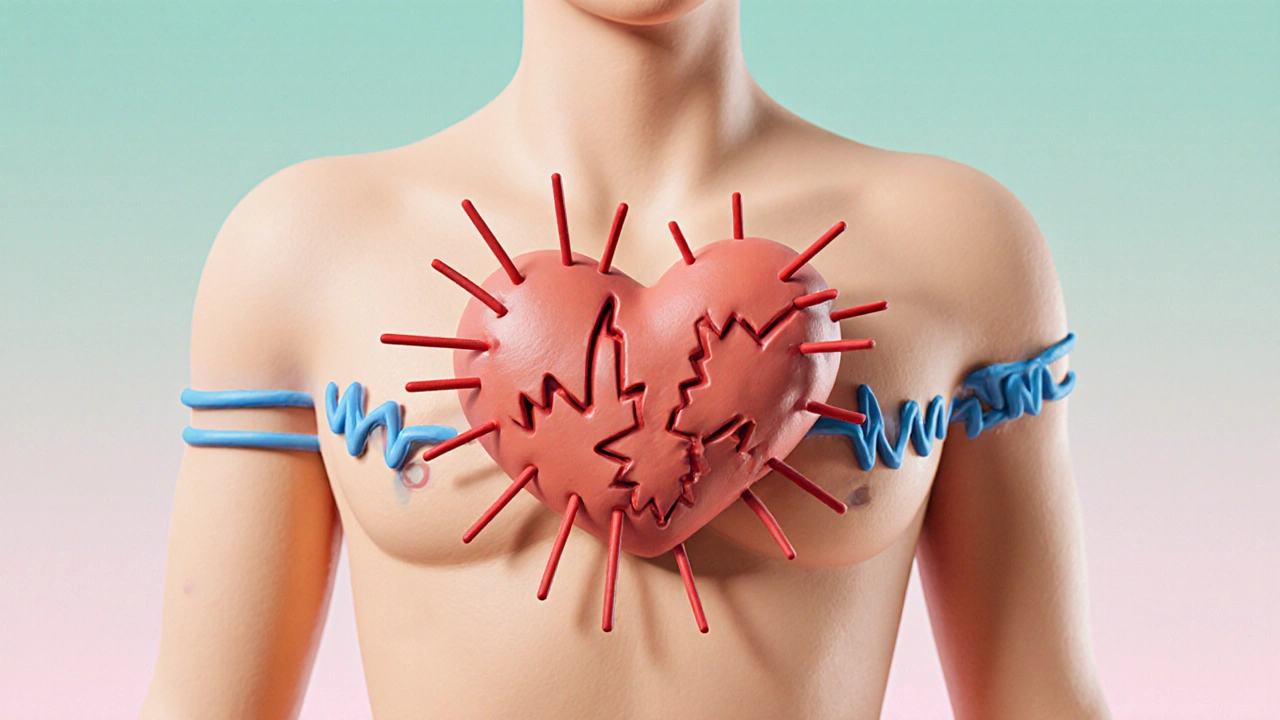Ablation Procedure: What It Is, How It Works, and What It Treats
When your heart skips, races, or flutters for no clear reason, it’s often due to a glitch in its electrical system. That’s where an ablation procedure, a minimally invasive treatment that destroys small areas of heart tissue causing irregular rhythms. Also known as catheter ablation, it’s a go-to fix for people with arrhythmias who don’t respond to medication. Unlike open-heart surgery, this is done through a thin tube threaded up from your leg or arm—no big cuts, no long hospital stays.
The most common type is cardiac ablation, a targeted treatment for heart rhythm disorders like atrial fibrillation, SVT, and ventricular tachycardia. Doctors use mapping tools to find the exact spot sending wrong signals, then zap it with heat (radiofrequency) or cold (cryoablation). It’s not a cure-all, but for many, it means fewer symptoms, less medication, and better quality of life. Studies show over 70% of patients with atrial fibrillation see major improvement after one session.
It’s not just for the heart. Ablation is also used in other areas—like the thyroid, liver, or nerves—to shrink tumors or block pain signals. But when people ask about ablation, they’re usually talking about the heart. That’s where most of the research, real-world results, and patient stories live. The posts below cover exactly that: how ablation works for heart rhythm problems, what alternatives exist, how it compares to drugs like beta-blockers, and what recovery really looks like. You’ll find real insights on success rates, risks like blood clots or new arrhythmias, and how lifestyle changes help after the procedure.
Whether you’re considering ablation, had one recently, or just want to understand why your doctor suggested it, the articles here cut through the noise. No fluff. Just clear, practical info based on what patients and doctors actually deal with.
Learn how cardiac ablation works, when it's recommended, the step‑by‑step procedure, risks, benefits, and alternatives for treating irregular heartbeats.
Oct, 19 2025

